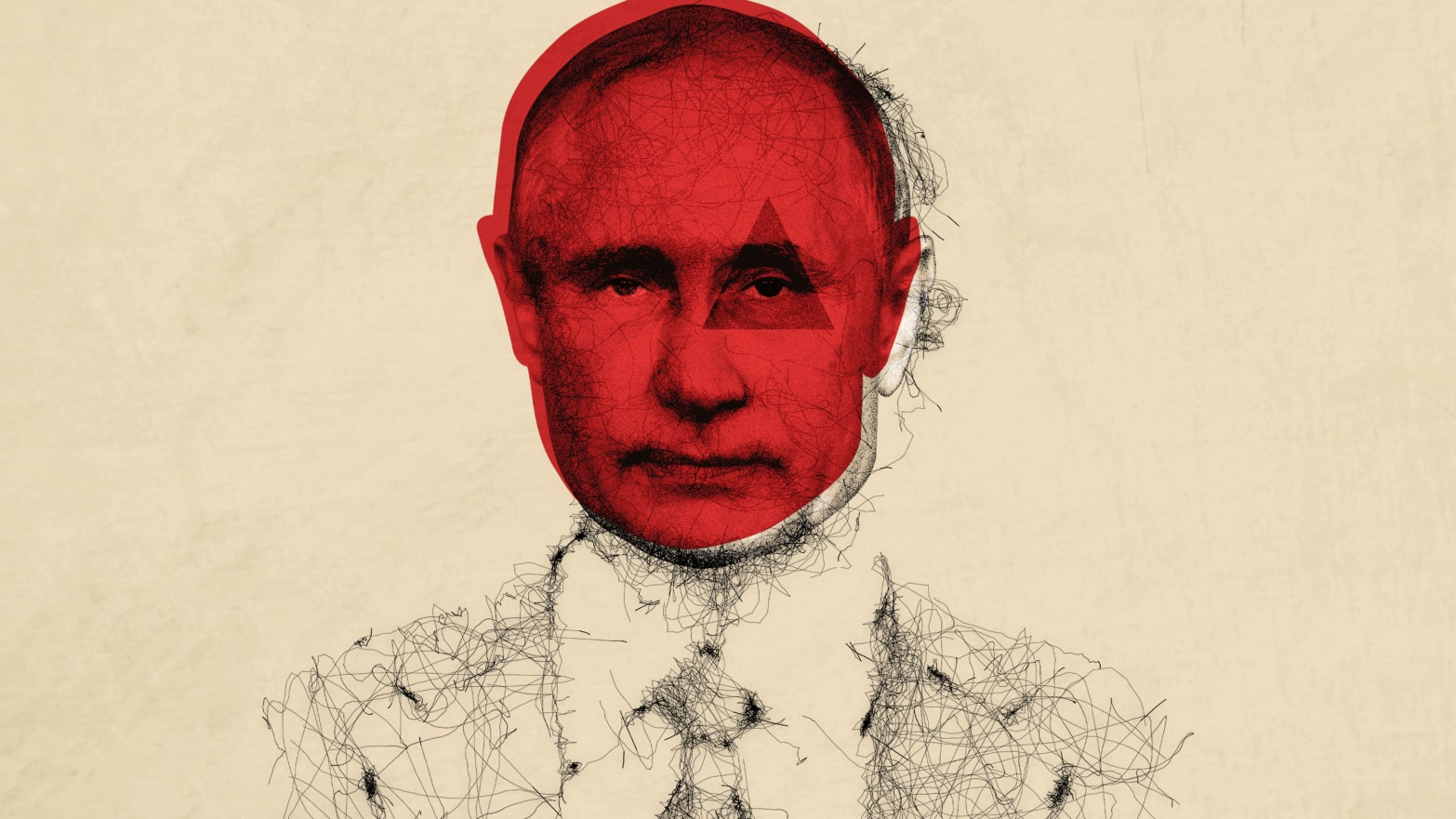Belarusian President Alexander Lukashenko delivered a bizarre letter to the United Nations Secretary General António Guterres arguing that the UN and other world leaders should essentially let Russia do as it pleases in Ukraine, and deflecting blame for the consequences of the war, as Russian forces continue to wage war in the country for the 89th day.
He urged other governments to stop providing weapons as the war in Ukraine carries on, attempting to paint the supply of defensive weapons as provocative behavior, ignoring the fact that Russia started the war in Ukraine.
“Together and each in our role, we can do a lot today: refrain from the supply of weapons,” Lukashenko said, adding all countries can refrain “from information warfare and any provocations, from inflating hate speech in the media, from encouraging racism and discrimination based on national, cultural, linguistic and religious affiliation, from legalization and direction of mercenaries.”
Lukashenko urged the Secretary General to consider instituting a “new world order” in which all members of the international community have “security guarantees,” because it would be in the UN's interest to “prevent the conflict from becoming protracted with devastating consequences.”
The Belarusian president, who has been aiding Putin’s war in Ukraine since even before it began—with senior U.S. officials warning that Belarus appears to be operating hand-in-hand with Russia—also sought to make Belarus look like a misunderstood victim, not an instigator.
“Today, the world, unfortunately, forgets that Belarusians have never been a threat to any of their neighbors,” he said, lamenting the sanctions imposed on Russia. “We are not aggressors, as some states try to present us. Belarus has never been the initiator of any wars or conflicts… The conflict in Ukraine, its root causes, and the current Western sanctions against Russia are already having their devastating consequences…”
“We are not traitors,” Lukashenko added. “Honesty and integrity in relationships are important to us.”
Russian President Vladimir Putin has also appeared to try to brush off blame for the war in Ukraine and its consequences; Putin joked Monday during a meeting with Lukashenko that he would have to talk with western officials about their claims that he is to blame for all the world’s economic problems following the invasion in Ukraine.
Lukashenko also blamed other countries, not Russia, for kickstarting the war, claiming that they ignored Russian needs, echoing earlier complaints from Putin about Ukraine and NATO acting aggressively towards Russia.
“The unwillingness of Western countries to work on strengthening common and indivisible security, their disregard for legitimate interests and ignoring the concerns of other partners, primarily Russia, first resulted in trade, economic and information wars, and then provoked a hot conflict on the territory of Ukraine,” Lukashenko said. “The security architecture in Europe has failed.”
Their remarks come as Russia nears three months at war with Ukraine, and just a week after Putin and Lukashenko scolded their allies for not backing Russia enough in the war effort in Ukraine, urging them to step up efforts to galvanize support on the world stage for Russia.
Peace negotiations have been stalled between Russia and Ukraine for weeks now, and Lukashenko urged the countries to come together and try again to discuss a path forward.
“Belarus calls on the countries of the world to unite and prevent the regional conflict in Europe from escalating into a full-scale world war,” Lukashenko said. “In 2022, it was Belarus that was able to initiate negotiations between the Ukrainian and Russian delegations on our territory.”
But the Belarusian president’s effort to paint Belarus and Russia as the wronged parties and as one of a few willing to hold peace talks, of course, is revisionist history at best. Belarus is not the only country calling for talks to take place—Zelensky indicated talks could resume if Russian forces didn’t kill the Ukrainian forces defending the iron and steel plant, Azovstal, in Mariupol.
For now, Russia's plan forward in Ukraine isn't entirely clear, U.S. Secretary of Defense Lloyd Austin said Monday.
"In terms of what his overall strategy is, that's unknown," Austin said.
Lukashenko’s remarks that resuming peace negotiations would be welcome, of course, glosses over some of the difficulties of actually cementing a resolution to the war. Ukrainian government officials have been issuing warnings in the past several days that the country is not interested in a ceasefire agreement that would give up territory to Russia.
Andriy Yermak, a top adviser to Ukrainian President Zelensky, said Sunday the war will only end when Ukraine has control over all of its territory.
“The war must end with the complete restoration of Ukrainian territorial integrity and sovereignty,” Yermak said in a tweet. “That is, our victory. Our common victory with the civilized world.”
Anything less than that, or any effort to provide concessions to Russia, would only rally the Russian war effort, according to Ukraine’s top negotiator for peace, Mikhail Podolyak.
“Any concession to Russia is not a path to peace, but a war postponed for several years. Ukraine trades neither its sovereignty nor territories and Ukrainians living on them,” Podolyak said Saturday on Twitter.
Maj. Gen. Kyrylo Budanov, Ukraine’s top military intelligence official, indicated in an interview with The Wall Street Journal that Ukraine is interested in regaining all the territory lost to Russia since 2014, including Crimea.
Ukraine is not alone in insisting on a full Russian retreat. Poland’s President, Andrzej Duda, agreed in recent days that Russia ought to fully withdraw as well.
In the meantime, though, the war shows no signs of reaching an end point. Russian forces continue to attack Severodonetsk in eastern Ukraine in what Luhansk Governor Serhiy Gaidai said was an attempt to systematically destroy the city.
And Putin, though he acknowledged the sanctions have been difficult to deal with, suggested that Moscow will be able to withstand their consequences for some time.
"Despite all the difficulties, the Russian economy is withstanding the impact of the sanctions, and withstanding it quite well," Putin said at his meeting with Lukashenko in Sochi.
Ukrainian officials look dug in on their position to resist Russian attacks as well. Ukraine’s Verkhovna Rada approved Zelensky’s request to extend martial law for another several months as Ukrainians bear down against the Russian onslaught.
And contrary to Lukashenko’s wishes that foreign nations stop helping Ukraine defend itself against Russia’s attacks in the war, foreign leaders are continuing to provide aid and weaponry to Ukraine to keep fighting Russia off. Twenty nations announced new aid packages just Monday following a Ukraine Contact Group meeting, according to the Pentagon.

